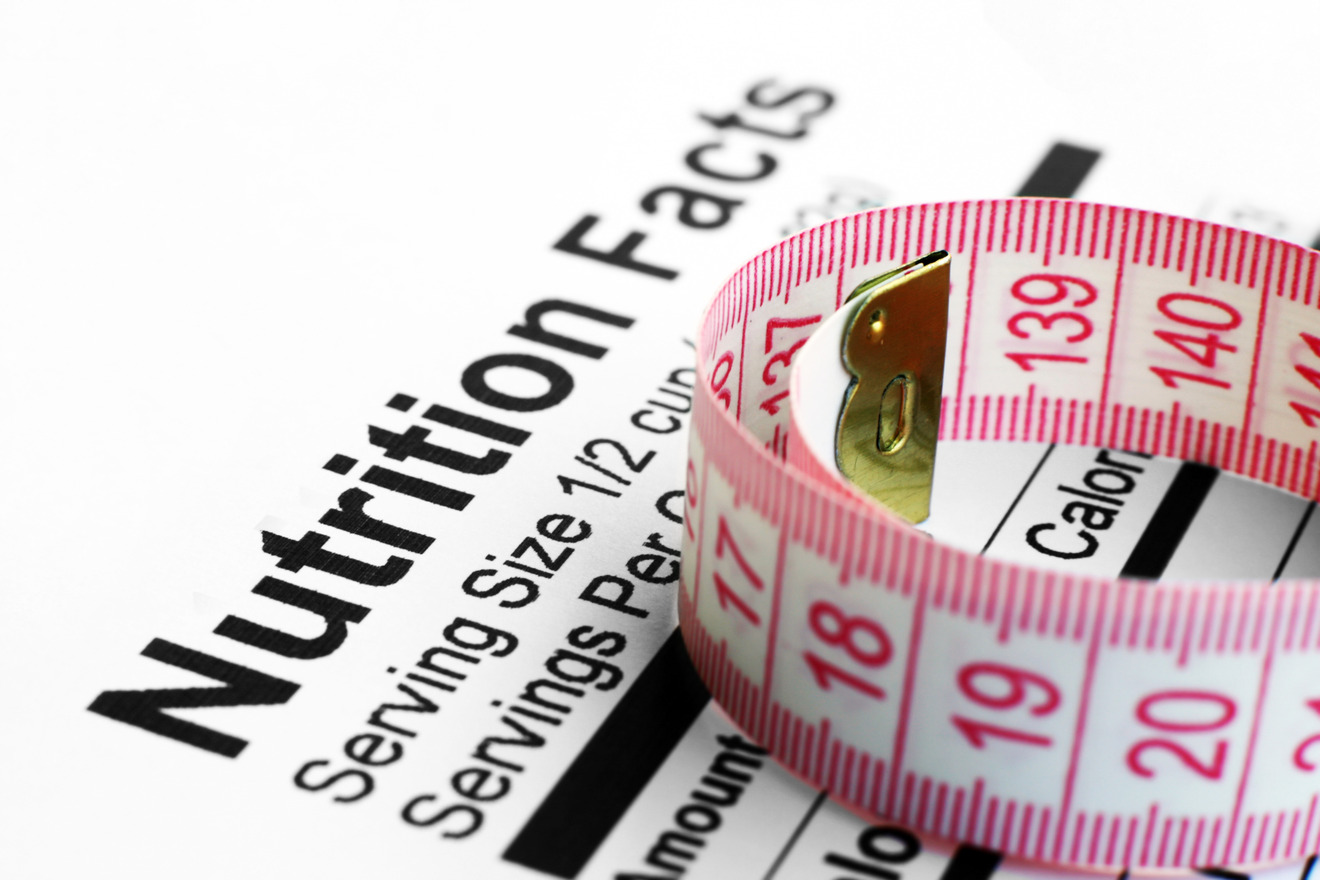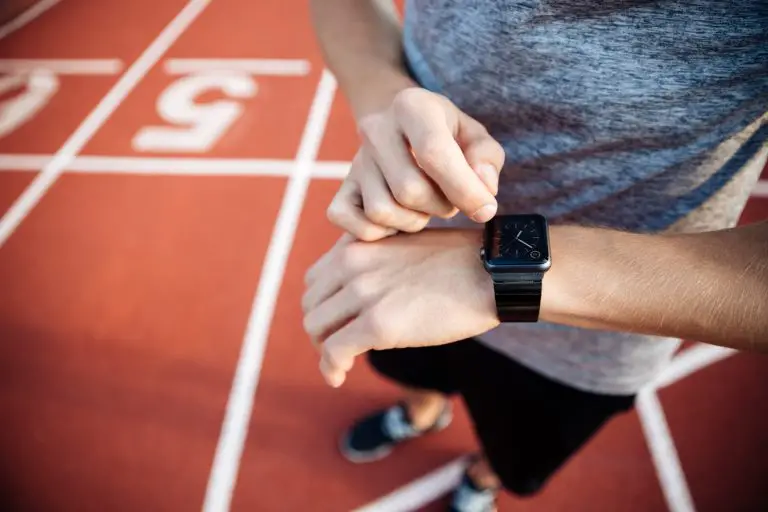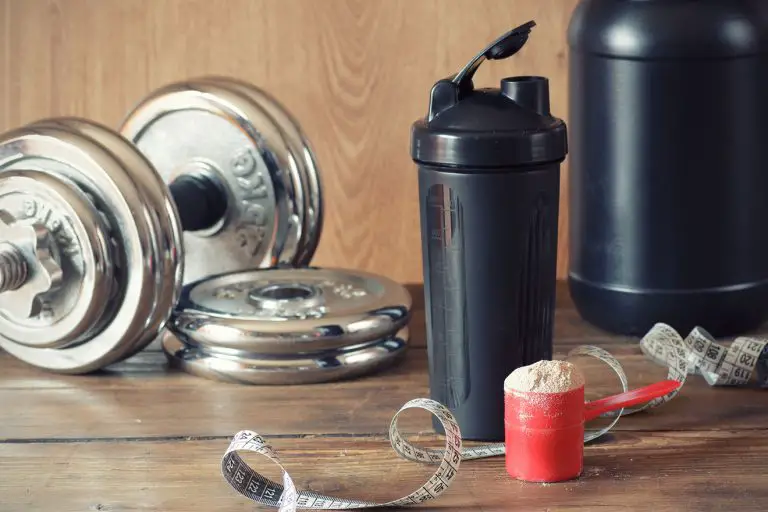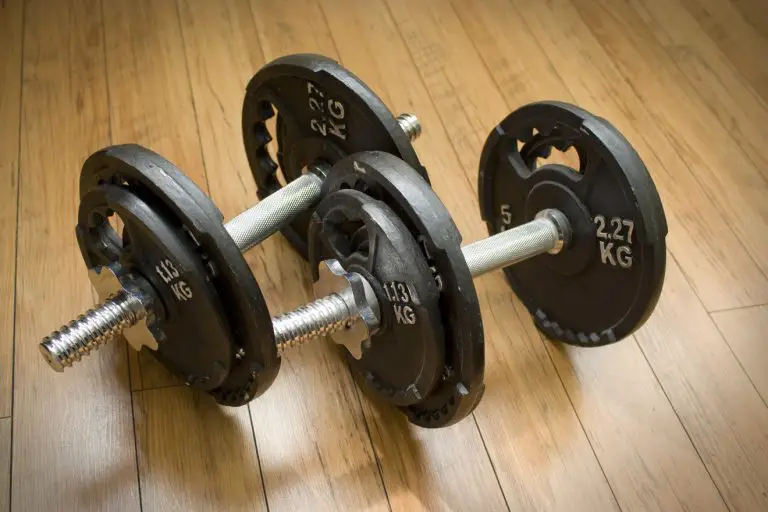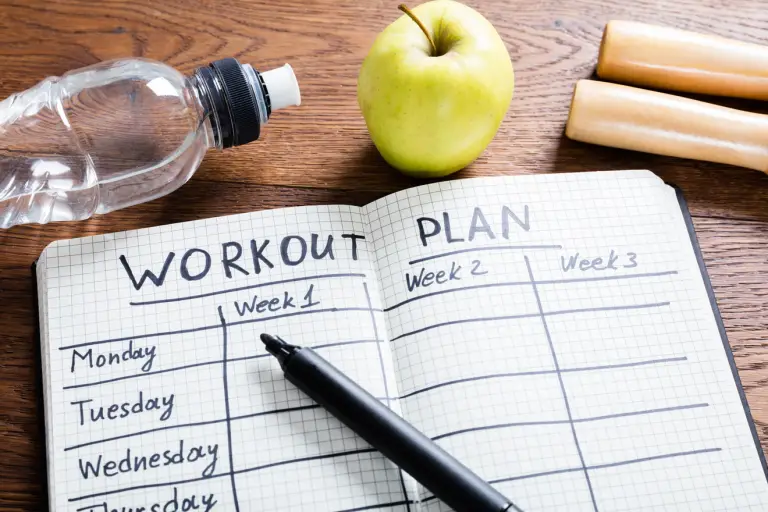Boost your metabolism: simple hacks to burn more calories all day
Key takeaways
- Your metabolism is made up of three components: your basal metabolic rate, physical activity and the thermic effect of food.
- Some ways you can boost your metabolism is to consume more protein, build more muscle, hydrate, stay more active throughout the day, get at least seven hours of sleep and manage your stress.
The power of metabolism
In the quest for fat loss and better health, many people focus on exercise and diet while overlooking the power of their metabolism. Your metabolism determines how efficiently your body converts food into energy, influencing your ability to burn calories even at rest. While genetics and age play a role in your metabolic rate, you can adopt simple, science-backed strategies to enhance it. From optimizing nutrition to incorporating movement into your day, here’s how you can give your metabolism the boost it needs.
Metabolism and its role in calorie burning
Metabolism is a collection of chemical processes that sustain life by converting food into energy. It can be divided into three components:
- Basal Metabolic Rate (BMR): the energy your body requires to maintain essential functions, such as breathing and circulation, while at rest. BMR accounts for 60–75% of daily calorie expenditure.
- Thermic Effect of Food (TEF): the calories burned while digesting and processing food, making up about 10% of energy use.
- Physical Activity: the most variable component, this includes structured exercise and non-exercise activities like walking or fidgeting.
Boosting metabolism isn’t about quick fixes or miracle supplements; it involves adopting habits that support these components.
Prioritize protein for its thermic effect
One of the simplest ways to rev up your metabolism is by eating more protein. Protein requires more energy to digest than fats or carbohydrates, which increases the thermic effect of food. A high-protein diet also supports muscle repair and growth, which is critical for maintaining a high metabolic rate.
Including protein-rich foods like eggs, lean meats, fish, legumes, and tofu in every meal can help you feel fuller for longer while supporting your metabolism. Additionally, spreading your protein intake throughout the day can optimize its thermogenic benefits.
Build lean muscle mass
Muscle tissue burns more calories than fat tissue, even at rest. Strength training helps you build and maintain muscle, which increases your basal metabolic rate over time. Resistance exercises like weightlifting, bodyweight workouts, or using resistance bands can stimulate muscle growth effectively. Consistency is key. Aim to include strength training sessions in your weekly routine, targeting all major muscle groups. Pair this with adequate protein intake to support muscle recovery and growth.
Stay active throughout the day
Non-exercise activity thermogenesis (NEAT) plays a significant role in calorie burning. NEAT encompasses all the calories burned during daily activities like walking, cleaning, or even tapping your foot. Increasing your NEAT can have a cumulative impact on your overall energy expenditure.
Simple changes, such as taking the stairs instead of the elevator, walking during phone calls, or setting reminders to stand and stretch, can add up to significant calorie burn over time.
Hydrate to keep your metabolism running
Water is essential for nearly every bodily function, including metabolism. Dehydration can slow down metabolic processes, making it harder for your body to burn calories efficiently. Drinking cold water may provide a temporary metabolic boost, as your body uses energy to warm it to body temperature. Aim to drink water consistently throughout the day, especially before meals, to stay hydrated and support your body’s natural calorie-burning processes.
Use interval training to torch calories
High-Intensity Interval Training (HIIT) is a powerful way to accelerate your metabolism. This type of exercise alternates between short bursts of intense effort and brief recovery periods, keeping your heart rate elevated and maximizing calorie burn.
Research shows that HIIT can increase your metabolic rate for hours after your workout, thanks to a phenomenon called excess post-exercise oxygen consumption (EPOC). Thanks to EPOC, with HIIT, you can lose fat even after your workout. Incorporating HIIT sessions into your routine, even once or twice a week, can help you burn more calories both during and after your workouts.
Optimize your sleep habits
Poor sleep can disrupt hormones that regulate appetite and metabolism, such as ghrelin and leptin. Sleep deprivation is also linked to reduced insulin sensitivity and slower metabolism. To optimize your metabolic health, prioritize seven to nine hours of quality sleep each night. Create a bedtime routine, limit screen time before bed, and ensure your sleeping environment is comfortable and free from distractions.
Sip on green tea or coffee
Green tea and coffee contain compounds that can temporarily boost metabolism. Green tea is rich in catechins, which may enhance fat oxidation, while coffee’s caffeine content stimulates the central nervous system, increasing calorie burning.
While these drinks shouldn’t replace a balanced diet and exercise, incorporating moderate amounts of green tea or coffee into your day can complement your metabolism-boosting efforts.
Avoid crash diets
Severely restricting calories can slow your metabolism as your body shifts into energy-conservation mode. Crash diets often lead to muscle loss, further decreasing your basal metabolic rate. Instead, focus on creating a sustainable calorie deficit through a balanced diet and regular exercise. This approach supports fat loss while preserving lean muscle, keeping your metabolism robust.
Keep stress in check
Chronic stress elevates cortisol levels, which can lead to increased fat storage and reduced metabolic efficiency. Incorporating stress-management techniques like meditation, yoga, or mindfulness can help regulate cortisol and support your metabolism.
Boost metabolism the right way
Boosting your metabolism is about making small, consistent changes that align with your overall health and fitness goals. Prioritizing protein, staying active, hydrating, and getting enough sleep are simple yet powerful strategies to enhance your body’s calorie-burning potential. Pair these habits with a sustainable exercise routine and a balanced diet to maximize results.
By taking care of your metabolism, you’ll not only burn more calories but also improve your energy levels, mood, and overall well-being. Start with one or two of these strategies and build from there—your metabolism will thank you.
Written with assistance of AI. Reviewed and edited by Marielle Livelo.

